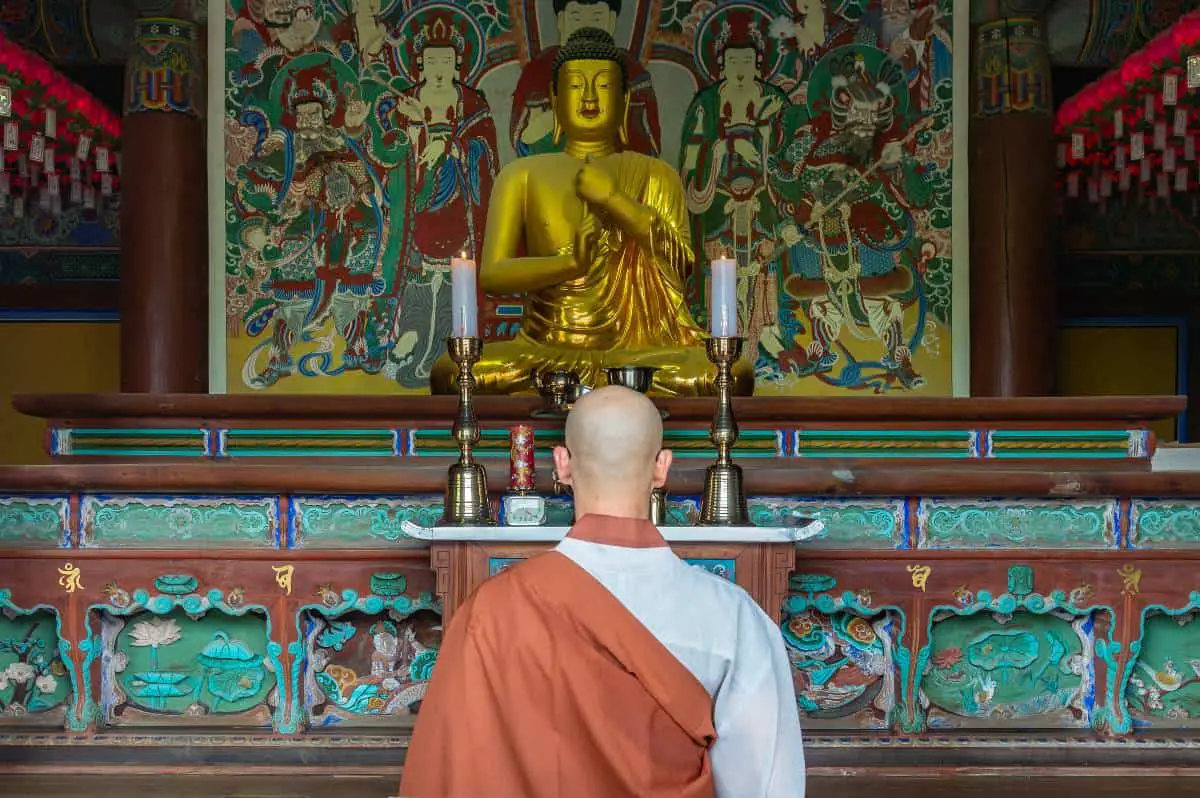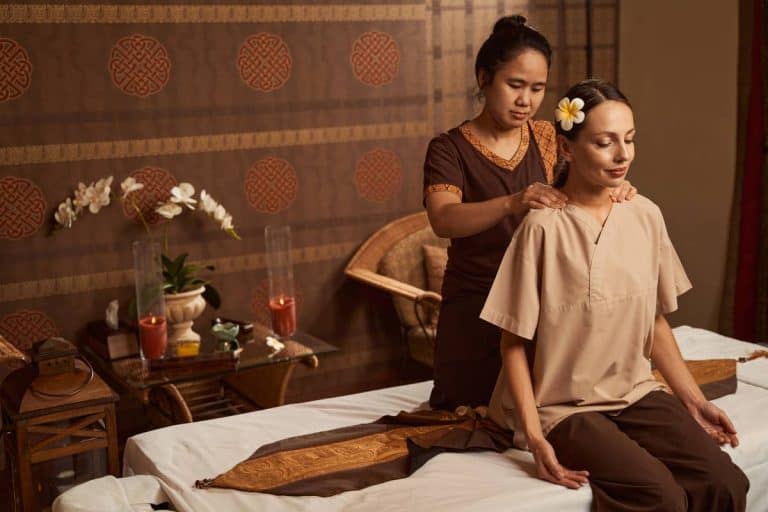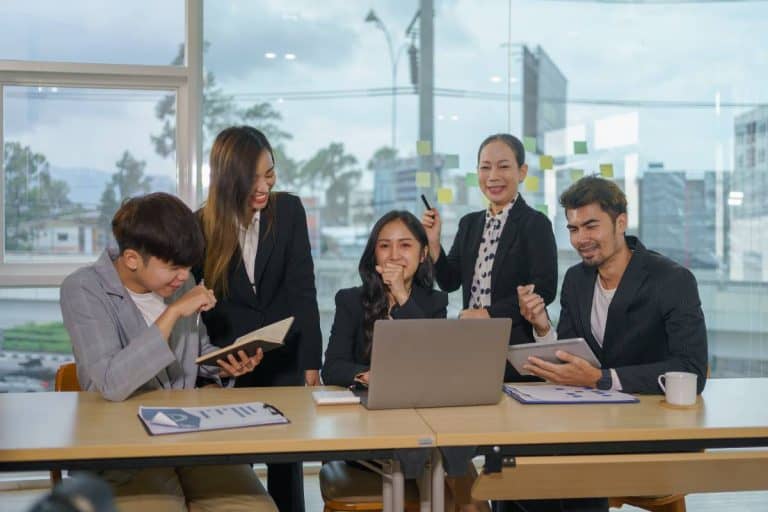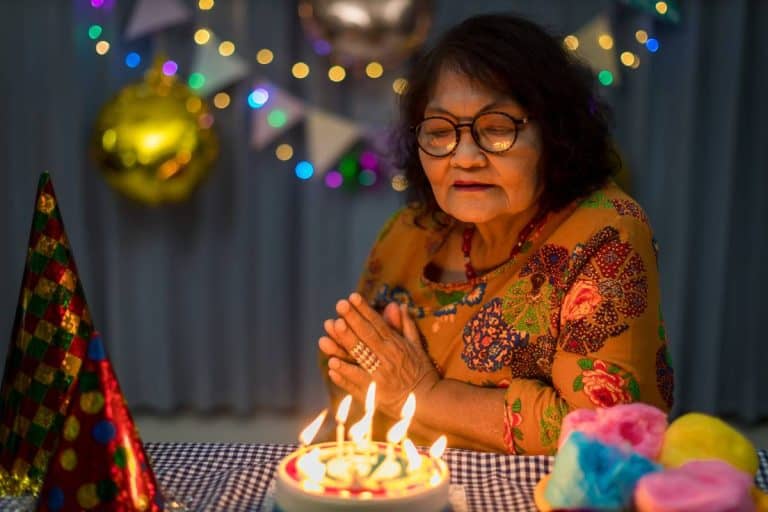Buddhist Inspired Decluttering for Expats
Ever wondered what it’s really like to swap your familiar American life for an adventure in Asia? I did exactly that after 35 years in the US. Now in Thailand, I’ve faced the same questions you have, made the mistakes so you don’t have to, and found the shortcuts to happiness abroad. BetterLivingAsia.com is your honest friend who’s been there and is excited to guide you on your journey!
Key Takeaways
- Discover insider knowledge from long-term expats who’ve successfully transitioned from Western living to thriving in Asia’s unique cultural landscape.
- Access practical resources for retirement planning, work opportunities, and business development specifically tailored to Asia’s economic environment.
- Join a supportive community of like-minded individuals sharing real experiences and solutions to common challenges faced when relocating to Thailand and beyond.
Understanding Attachment Through a Buddhist Lens
The Buddha taught that suffering (dukkha) arises from attachment (upadana) to impermanent things. In the context of possessions, this means our tendency to equate objects with our identity or happiness leads to distress when these objects are lost, damaged, or left behind—a common experience for those living internationally.
For ex-pats, attachment manifests uniquely:
- Souvenirs and mementos become repositories of memory and experience
- Familiar items from “home” provide comfort in unfamiliar surroundings
- Accumulation can become a subconscious attempt to create stability
The Buddhist concept of impermanence (anicca) reminds us that change is constant and inevitable. By embracing impermanence rather than resisting it, expats can develop a healthier relationship with their possessions and living spaces.
The Middle Path of Expatriate Possessions
Buddhist philosophy emphasizes the Middle Path—avoiding extremes of indulgence and austerity. For ex-pats, this translates to finding a balance between minimalism and comfort, between letting go and mindful acquisition.
Rather than imposing rigid rules about what to keep or discard, the Middle Path encourages expats to cultivate awareness about the role each possession plays in their life. Some belongings may support mindfulness and well-being, while others might generate attachment and anxiety.
Core Principles for Buddhist-Inspired Decluttering
1. Mindfulness in Selection (Sati)
Before acquiring new items, practice mindful consideration:
- Will this item bring genuine value to my life?
- Does it serve a practical purpose or meaningful function?
- Am I purchasing this to fill an emotional void?
- How will this object impact my mobility and freedom?
This reflective approach helps prevent accumulation driven by momentary desire rather than genuine need or significant value.
2. Non-Attachment (Nekkhamma)
Non-attachment doesn’t mean eliminating all possessions but rather cultivating a relationship with belongings that acknowledges their transience. Practice viewing possessions as temporary companions rather than extensions of yourself.
When decluttering, consider:
- Does keeping this item arise from genuine appreciation or fear of letting go?
- Can I appreciate this object without needing to possess it?
- If I needed to leave this behind tomorrow, what emotions arise?
3. Compassionate Release (Karuna)
When letting go of possessions, approach the process with compassion rather than harsh judgment or forced detachment. Honor the role these items played in your journey while recognizing when it’s time to release them.
Consider directing items where they’ll be most useful:
- Donating to local communities or fellow ex-pats
- Passing meaningful items to friends who will appreciate them
- Selling valuable items to those who need them
- Recycling or responsibly disposing of what cannot be repurposed
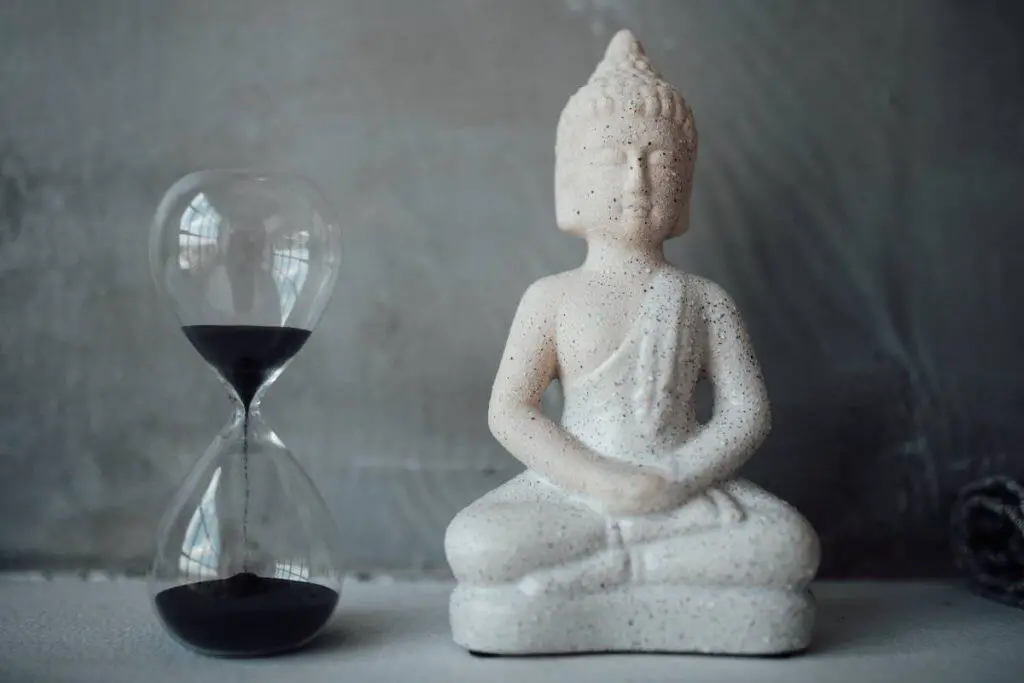
4. Intentional Spaces (Samma Sankappa)
Buddhist practice emphasizes right intention. Apply this to your living space by intentionally designing areas that support mindfulness, presence, and your current life purpose.
Create spaces that:
- Facilitate your daily practices and routines
- Support mental clarity and calm
- Reflect your current values and priorities
- Allow energy to flow freely
Practical Approaches for Expat Decluttering
The Five-Container Method
Set up five containers labeled:
- Keep (essential and deeply meaningful items)
- Release (donate, sell, or give away)
- Store (items to securely store if you have storage options)
- Digital (items to digitize and release physically)
- Consider (items requiring deeper reflection)
Process belongings methodically, moving “Consider” items to other categories within a set timeframe to prevent prolonged indecision.
Digital Minimalism
For expats, digital possessions often outnumber physical ones. Apply Buddhist principles to your digital life:
- Regularly delete unused apps and files
- Organize photos mindfully, keeping those that spark genuine joy or preserve important memories
- Create intentional boundaries around digital consumption
- Digitize important documents and sentimental items when appropriate
The Impermanence Inventory
Every six months, review your possessions through the lens of impermanence:
- What would you take if you had to move unexpectedly?
- Which items have remained unused since your last inventory?
- What belongs in your life in this current chapter?
- Which possessions create mental burden rather than value?
Creating a Meditation Space
Designate a simple area for meditation practice, even in small expat accommodations:
- A cushion or chair in a quiet corner
- Minimal, meaningful objects that support practice
- Natural elements that connect you to your current location
- Absence of clutter and distraction
Cultural Sensitivity in Decluttering Abroad
While implementing Buddhist-inspired decluttering, remain mindful of local cultural perspectives on possessions and waste:
- Research local recycling and donation systems
- Understand cultural attitudes toward secondhand items
- Consider whether certain practices might be perceived as wasteful or disrespectful
- Adapt your approach to honor local customs and values
The Expat Sentimental Journey
Sentimental items pose particular challenges for expatriates. Buddhist wisdom offers perspective:
- Consider whether the memory lives in the object or in you
- Photograph meaningful items before releasing them
- Keep representative items rather than complete collections
- Create rituals to honor the transition when letting go of significant possessions
Cultivating Contentment in Transient Spaces
The ultimate goal of Buddhist-inspired decluttering isn’t perfect minimalism, but rather cultivating contentment (santutthi) with what is present.
For expats, this might manifest as:
- Finding peace in temporary accommodations
- Appreciating local furnishings and styles rather than replicating “home”
- Embracing the freedom that comes with lighter living
- Discovering that home exists in practices and presence, not possessions
FAQs
What is Buddhist-inspired decluttering, and how does it differ from traditional decluttering methods?
How can expats apply Buddhist-inspired decluttering to their homes?
What are some tips to tackle a cluttered closet using Buddhist principles?
How can the act of decluttering be cathartic for expats?
Is it necessary to have permission from family members when downsizing household items?
Conclusion
After 35 years in the United States and now thriving in Thailand, Tom Kitti and the expert team at BetterLivingAsia.com stand ready to guide your transition to a more fulfilling life in Asia. Whether you’re planning retirement, exploring career opportunities, or launching a business venture, our comprehensive resources and firsthand insights eliminate the guesswork from your relocation journey.
Join our growing community of expats who have successfully navigated the challenges of cross-cultural living. Subscribe to our newsletter for tailored advice, upcoming webinars, and exclusive regional guides as we expand our coverage across Asia. Have specific questions? Connect with our team of specialists for a personalized consultation and discover how we can transform your Asian living dreams into reality.
Don’t leave your future to chance—visit BetterLivingAsia.com today and take the first step toward your happier, more enriching life abroad.
